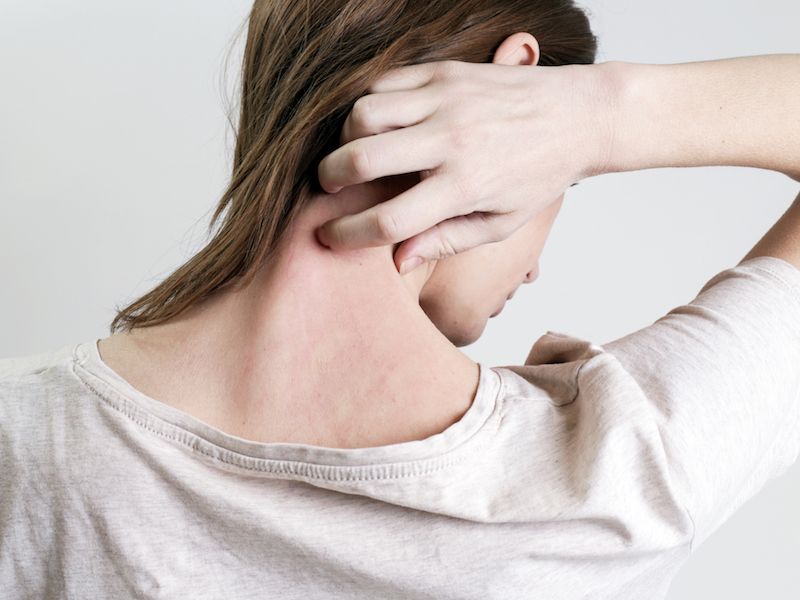
When you think about psoriasis, you probably think about all those commercials showing people with skin problems. Psoriasis is more than skin problems and really affects your overall health. Psoriasis is often misunderstood and minimized, due to a lack of knowledge of how psoriasis impacts sufferers as well as the serious conditions that can be related to this disorder. Though plaques on the skin are its most obvious indicator, they’re indicative of what psoriasis can cause throughout the body: The chance of metabolic conditions that are increased by persistent inflammation and cardiovascular disease.
Psoriasis is also connected to another concern according to a different recent study: Hearing loss. Published in The Journal of Rheumatology, The connection between hearing impairment, psoriatic arthritis, and mental health were looked at in this research. Psoriatic arthritis is a form of psoriasis where inflammation is centered near the joints, causing swelling, discomfort, and difficulty with movement. The common plaques might not be experienced by people who have psoriatic arthritis.
Like rheumatoid arthritis (and similar to psoriasis), psoriatic arthritis is an autoimmune illness, the sufferer’s body is basically attacking its own healthy cells. But unlike rheumatoid arthritis, you could have psoriatic arthritis on only one knee because it’s asymmetrical, and that besides joints, it often targets sufferer’s nails (resulting in painfully swollen fingers and toes) and eyes.
Based on the findings of this recent study, hearing might also be impacted by psoriatic arthritis. The study compared the self-reported hearing loss of people who have psoriatic arthritis, people who suffer from psoriasis but not psoriatic arthritis, and a large control group of people who had neither problem. They discovered that the group with psoriatic arthritis was more likely to report hearing impairment, and audiometric testing backed up the self-reports. Even when other risk factors are taken into consideration, psoriatic arthritis sufferers were significantly more likely to suffer from loss of hearing than either {psoriasis sufferers or the control group}.
But that’s not to say there’s no link between psoriasis, psoriatic arthritis and loss of hearing. A 2015 study discovered that individuals who have been diagnosed with psoriasis are at a substantially higher risk of developing sudden sensorineural hearing loss, also referred to as sudden deafness. The capacity to hear decreases notably over three days or less with sudden sensoroneural hearing loss. There are numerous possible causes for this, but scientists hypothesize that people with psoriasis are in greater danger because of the kind of rapid inflammation that happens during a flare-up of psoriasis symptoms. The hearing could be impaired if this occurs near or in the cochlea. In many cases, treatments that help psoriasis symptoms might be used to deal with this form of hearing loss, but hearing aids are often recommended when other treatments don’t appear to be helping.
It’s important to monitor your hearing if you have psoriasis or psoriatic arthritis. Make regular hearing exams along with your yearly health-care appointments. Disease caused by inflammation can lead to damage of the inner ear, which can lead to psoriasis and loss of balance. Psoriasis and psoriatic arthritis are both also linked to depression and anxiety, both of which can be additionally aggravated by hearing loss. Other health issues, including dementia, can be the outcome if you don’t detect loss of hearing sooner than later.
With early intervention, you can keep in front of the symptoms by having your hearing tested frequently and cooperating with your doctor, comprehension is essential. Neither hearing loss nor psoriasis should cause you to sacrifice your quality of life, and having the correct team by your side can make a big difference.